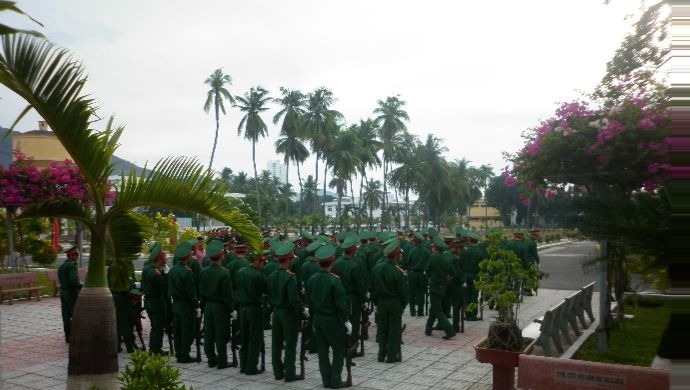The Ambassador points to an indecisive policy that makes it impossible for business to make decisions.

Vietnam has grown into the ‘economic miracle’ of Southeast Asia and a large part of that has been driven by a vibrant technology community. But is that all in peril? A former American Official certainly thinks so.
On June 12, 2018, the Vietnamese Government released The National Assembly’s passage of the new cybersecurity law that betrayed its progress with the Fourth Industrial Revolution or 4IR, which first instructed government agencies to improve Vietnam’s competitiveness by leveraging digital and communications technology.
The new passage requires that foreign firms providing ICT services to Vietnamese consumers to establish representative offices in-country and store Vietnamese users’ data within Vietnam’s territory.
In his recent piece published by The National Interest, David Shear, a former U.S. Ambassador to Vietnam from 2011 to 2014 shared his concerns.
“When it comes to progress, Vietnam’s approach has always been taking two steps forward and one step back,” said Shear, commenting on how Vietnam’s GDP growth of 6.8 per cent last year means nothing after the newest law.
This giant step back might hurt Vietnam’s Small and Medium-sized Enterprises (SMEs) considering they occupy 98 per cent of Vietnamese businesses. The strict data localization requirements will limit their capacity to access data and do cloud computing service, as well as internet service providers’ availability.
Also Read: Plug and Play’s Christian Knipfer describes Taiwan’s strengths in building a startup ecosystem
In 2014, the European Center for International Political Economy (ECIPE) estimated that data localization would reduce the country’s GDP growth by 1.7 per cent per year.
To highlight a free internet’s impact on Vietnam’s GDP, a recent study by Temasek and Google showed that the country’s internet economy increased from US$3.3 billion to US$5.7 billion between 2015 and 2017. E-commerce dominated the market.
According to Shear, the cybersecurity law is directly attacking one of Vietnam’s strongest success stories of its recent economic miracle. The new law jeopardized not only SMEs’ chance to contribute to Vietnam’s economy, but also the relationship with foreign partners.
It has been reported that U.S. Administration officials and legislators expressed concerns during Deputy Prime Minister Vuong Dinh Hue’s visit to Washington in June.
Also Read: Can Singapore evolve to be an innovative farming country with agritech in the lead?
Shear asks the question for Vietnam, “Will the move still be favored over the free flow of trade and cross-border data flows of modern business operations?”
His concern is that the obsession with restrictive cybersecurity laws will kill the vibrant tech economy that makes the laws relevant in the first place.
—
Photo by Quang Duy on Unsplash
The post Former US Ambassador to Vietnam says cybersecurity law will stifle economic growth appeared first on e27.
Source: E27

